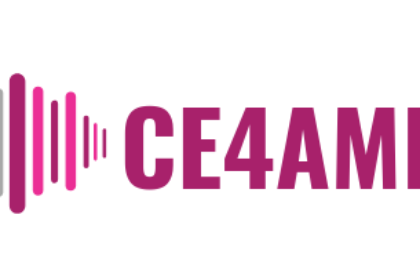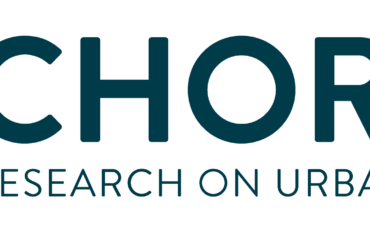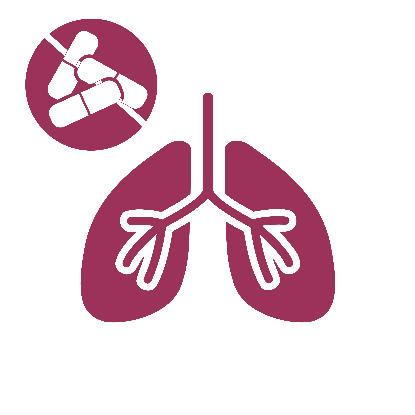
Antimicrobial resistance (AMR) is a global health concern that requires a multidisciplinary approach.
Community engagement (CE) has been recognized as a crucial strategy for addressing AMR, as it involves the active participation of community stakeholders in identifying and implementing sustainable interventions. However, there is a need to understand how CE approaches are currently utilised in One Health AMR research.
This study aims to explore the role of community engagement in addressing AMR within a One Health context. The study recognizes the importance of involving communities in addressing AMR, as they play a significant role in the development and spread of antimicrobial resistance. By understanding the current practices and challenges of community engagement in AMR research, the study seeks to identify opportunities for improving interventions and developing tailored solutions.
The study utilised a cluster approach, involving six existing AMR research projects based in Bangladesh, Ghana, India, Nepal, and Vietnam. The projects had co-investigators (Co-Is) based in each country and across the UK. The research questions were co-designed and answered through a participatory process involving the project teams. The answers were synthesised using an inductive thematic approach.
The study found that community engagement is essential for addressing AMR effectively. The definition of community engagement was co-developed, emphasising the importance of equitable partnerships and community-led interventions. The study highlighted the complexity of defining communities, as individuals belong to multiple communities simultaneously, which can change depending on the context.
External stakeholders often define communities based on demographic, geographic, socio-cultural dynamics, and shared lived experiences. The study emphasised the need for a holistic approach that considers the interconnectedness of human and animal communities in addressing AMR.
In conclusion, community engagement is a vital strategy for tackling AMR within a One Health context.
The study provides insights into the current practices and challenges of community engagement in AMR research. By understanding the diverse nature of communities and involving them in the development and implementation of interventions, tailored solutions can be created to address the drivers of AMR effectively.
Key Publications:
- Mitchell, J., Cooke, P., Ahorlu, C., Arjyal, A., Baral, S., Carter, L., Dasgupta, R., Fieroze, F., Fonseca-Braga, M., Huque, R. and Lewycka, S., 2022. Community engagement: The key to tackling Antimicrobial Resistance (AMR) across a One Health context?. Global public health, 17(11), pp.2647-2664.
Funding Agency: Global Challenge Research Fund (GCRF)
Sponsor: University of Leeds, UK
Partner Countries: India, Nepal, Ghana, Vietnam
Duration: 2020 to 2021




